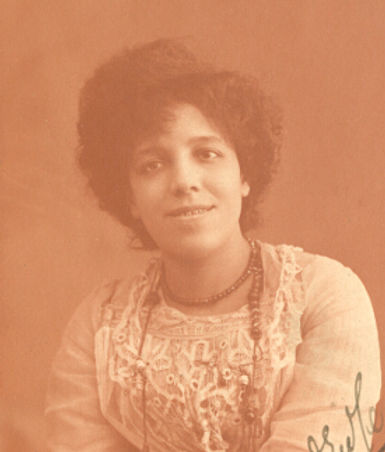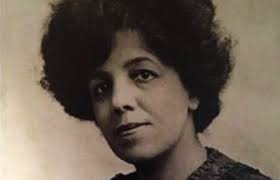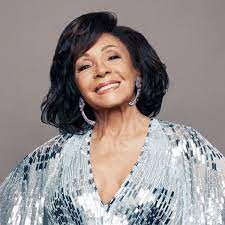Amanda Christina Elizabeth Aldridge also known as Amanda Ira Aldridge
Amanda Aldridge was an influential opera singer and teacher who taught notable students like Roland Hayes and Paul Robeson. Aldridge also composed a number of successful pieces under the pseudonym Montague Ring. Her contribution to music, particularly parlour music, was great.
1866
1956
Upper Norwood, London
African-British
Aldridge was born on the 10th of March 1866 making her the third daughter of Ira Frederick, a well known Shakespearean actor, and Swedish Amanda Brandt, Ira’s second wife. In total she had four siblings, Rachael, Luranah Aldridge Ira Daniel and Ira Frederick. Ira Daniel andIra Frederick tragically died young. Luranah, Amanda Aldridge’s sister was also a talented musician. She was close to making history as the first performer of African heritage to star at Bayreuth Opera House, before illness forced her to cancel.
Amanda Aldridge studied composition and singing at the Royal College of Music alongside Jenny Lind (who has been famously portrayed in the musical film The Greatest Showman). She also studied alongside other well known musicians like Frederick Bridge and Francis Edward Gladstone.
Aldridge pursued a performing and composing career after her studies. She worked as a concert singer, piano accompanist and voice teacher. However, Aldridge’s vocal career was around 20 years due to a throat injury which followed a bout of laryngitis. She was advised early on by a tutor to learn music theory so she could teach and compose, which is what she did. Amongst some of her esteemed students are lyric tenor Roland Hayes and singer, pianist and composer Lawrence Benjamin Brown and singer Paul Robeson. During Robeson’s performance in Othello in the West End, Aldridge supposedly gave him the gold earrings her father had worn as Othello.
In 1921, Aldridge was invited by W E B Du Bois to appear at the prestigious Second PanAfrican Congress to address the issues facing Africa as a result of European colonialism. Unfortunately, she had to turn down the invitation as she was caring for Luranah.
Amanda Aldridge’s contribution to music was not only through her teaching, she also composed a number of pieces which were inspiringly influential, particularly amongst parlour music. Her music was published under the pseudonym Montague Ring which she said she used to differentiate her teaching and composing identities. Under this name, she gained recognition for her many voice and piano compositions, including love songs, suites, sambas and light orchestral pieces, in a popular style that was infused with multiple genres She wrote over thirty songs and dozens of pieces of instrumental music. They were popular in style, and merged different rhythmic influences and genres. Some of her pieces were Three Arabian Dances, Lazy Dance and songs like Little Southern Love Song and Little Missie Cakewalk. Aldridge’s compositions often explored her half African American heritage. The notable composer Samuel Coleridge-Taylor was a close friend of Aldridge and she often sung his songs.
Aldridge made her first television appearance in the British show Music For You, at the age of 88. During this Show, Aldridge’s song Little Southern Love Song was performed by singer Muriel Smith.
Podcast on Amanda Ira Aldridge 🡪 hhttps://uk-podcasts.co.uk/podcast/famous-people-you-ve-never-heard-of/the-forgotten-talent-of-amanda-ira-aldridge-with-s
Classic FM, ‘Who was Amanda Aldridge? The parlour song composer and teacher who inspired a generation’, Discover Music (Classic FM, revised 2021) < https://www.classicfm.com/discover-music/women-in-music/amanda-aldridge-parlour-song-composer-teacher/ > [accessed 3 March 2022]
Patricia Hammond, She Wrote The Songs (Scarborough: Valley Press, 2020)
Stephen Bourne, ‘At home with Amanda Ira Aldridge’, Historical Association (Historical Association, revised 2020) < https://www.history.org.uk/publications/resource/9971/at-home-with-amanda-ira-aldridge > [accessed 3 March 2022]



